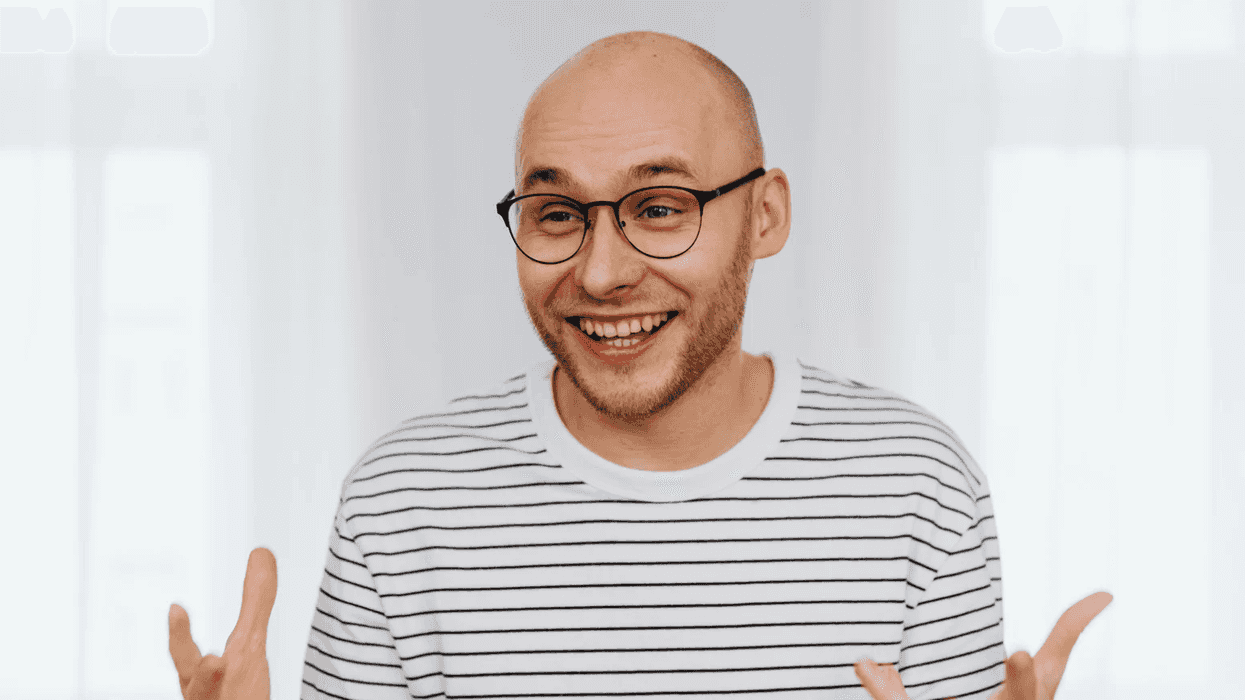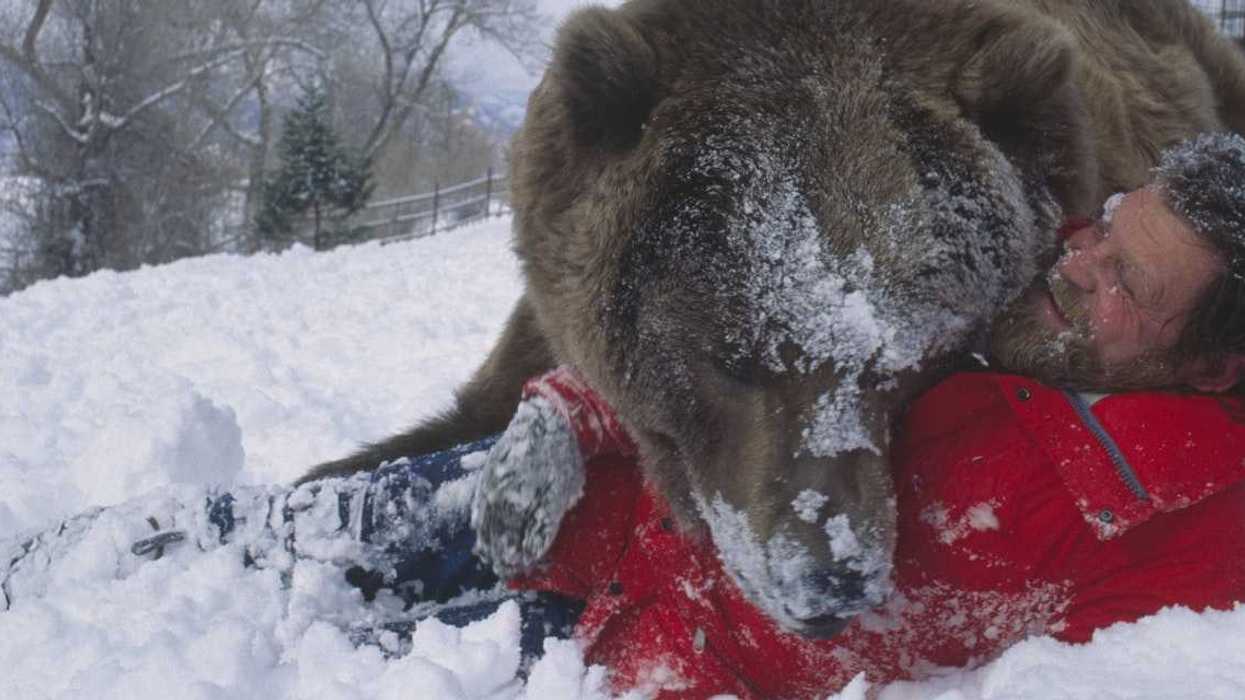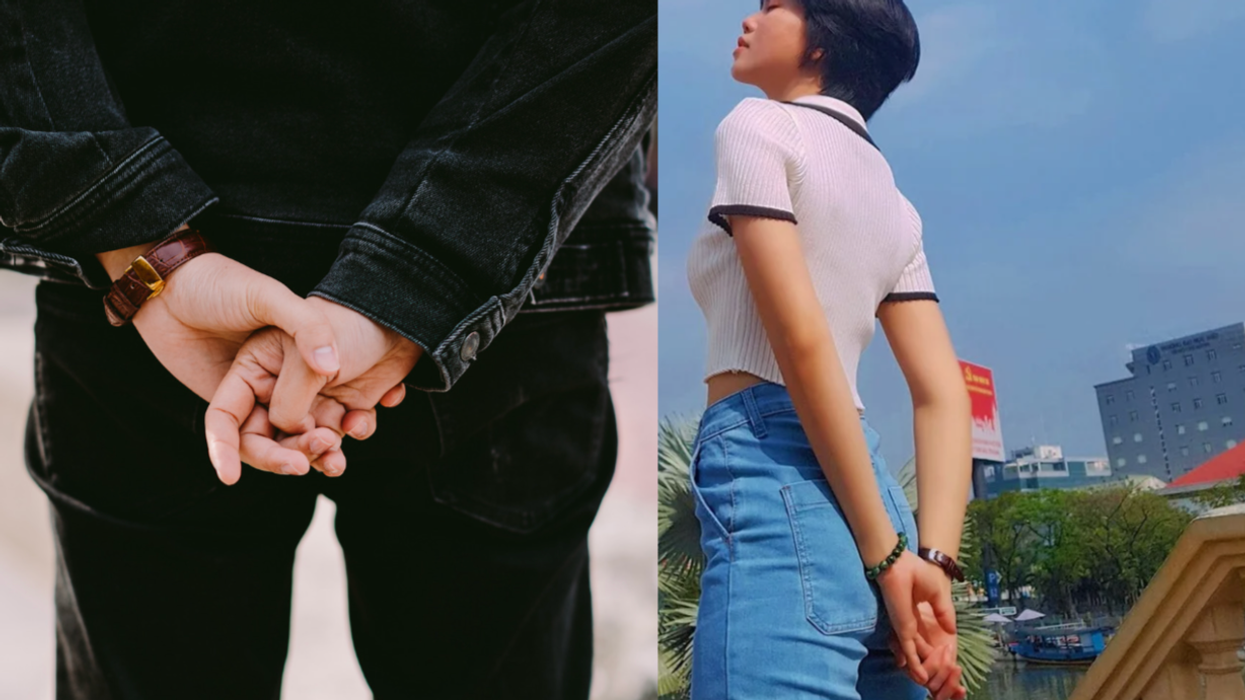A few years ago, I taught a low-income, first-generation college student who didn’t initially come across as particularly diverse. While Martin was from the rural Midwest, or, as he put it, “Nascar people,” he dressed in the uniform of the modern college student—skinny jeans, a V-neck T-shirt, and a hoodie.
Martin wouldn’t have stood out except for the fact that he was the only white student in my 10 a.m. class—that, and his aloof demeanor made me keep a very close watch over him, figuring he was trouble. Rail-thin, he walked slowly with almost comic intentionality, as if placing his feet in invisible foot-sized squares. He wore hipster glasses that gave him an air of intellectual superiority, and he spoke with such sarcasm that no student dared to oppose anything he said.
His was the natural voice of a critic: As long as he was tearing something down, he was happy. While I let him write his first two essays in this manner, helping him even out his tone and consider whether or not he was alienating his audience, I still wasn’t satisfied. I asked him to come to office hours, sat him down, and didn't say anything until the silence finally became uncomfortable. I gently prodded: “You’re clearly a brilliant guy. But what you’re doing is easy—it’s not hard to point out how everyone else is wrong. What’s easy can become arrogance. You might want to see if you can actually say something that isn’t just critical. I can’t make you do it, but I do think you might have something to say, if you tried to find something that mattered to you.”
He sat and sat and said nothing. I thought I might have laid it on a bit thick. Then he nodded, left with his careful, shuffling steps, and that was all; he was less aggressively sarcastic in class, had read carefully, and I saw him sometimes even nodding in agreement with what others had to say. For his last paper, on identity, he wrote of writer Andre Dubus’s essay “Witness,” about coping with an accident that took the author’s legs, and on Zora Neale Hurston’s essay about refusing to be limited by being African-American.
Martin wrote of Dubus’s tragic case first—how he had been recognized as a genius, living a happy and successful life with a family and wife and career when one night he stopped on a highway to help a woman in distress and was hit by a speeding driver. He lost the use of his legs, and was left in persistent pain, confined permanently to a wheelchair. Worse, his wife divorced him and took his daughters away to a house that wasn’t wheelchair accessible, so that he was unable to ever see the rooms where they lived. Dubus’s essay was about the need to face squarely what he’d lost the night he was hit, but Martin focused on the aftermath, asserting: “Although Mr. Dubus lost something which he cherished—the ability to walk—he allowed the accident to hurt him even more than it initially had. He allowed the accident to consume him, and the other things in his life were swept away by his grief.”
Then, in a strange and sophisticated contrast, Martin turned his attention to Zora Neale Hurston’s essay about the role of race in her life. In that controversial essay, she described growing up in an all-black township in Eatonville, Florida, and what changed at thirteen, when her mother passed away and her family moved to Jacksonville. Martin was impressed with the bravery of her position, the way she insisted that she wouldn’t let her blackness make a difference. Martin focused on her fate: she died working as a maid, broke and alone, buried in an unmarked grave. “She was a perfect example of someone who tried not to let the world change who she was, as best she could…but she was finally made a victim. The truth is that no matter how hard we try, we are unable to go through life unaffected by the world around us…society pulls people to one another, sometimes benignly, sometimes tragically, and human suffering makes no difference to fate.”
I was amazed at the depth of reflection. Here, finally, was what I’d asked: for Martin to engage fully. Then he exceeded the assignment entirely: “I can still remember when I got back from the first surgery. My memories of the surgery itself are vague—I was a fourth grade boy under heavy sedation—but I remember what happened when I got back to school: all the kids saw my crutches, and it was a wonderful thing. We were too young to associate them with weakness or disability. That first year, I wasn’t embarrassed to have them, not like later; the other kids were as excited as I was to use them, to see who could go fastest in them, and I raced joyfully up and down the halls, innocent of all that was ahead of me.”
Fourth grade was the last time Martin was able to consider his condition a blessing. Martin has persistent, incurable PVNS (pigmented villonodular synovitis). His careful walk was a matter of bone grinding on bone, each step excruciating. The doctors have made clear that whatever progress he might make, by his mid-twenties his foot would fuse to his shin and he would become wheelchair-bound for the rest of his life. Staying off it was suggested, and so he suffered constant anxiety about trying not to work it too hard, but he refused to give in:
“Society would tell me I am not as strong as everyone else. I disagree. I prove I can participate, I choose the pain, and it does not rule me or define me. It has humbled me, but it has given me the will to do better… Losing ourselves in self-loathing or pretending that the world around us have no impact on us isn’t healthy; there must be something between Dubus and Hurston. I know I must take my condition into account, but I’m not going to let it stop me from becoming who I want to be.”
I had asked a great deal of Martin; he had given me more still, had faced without flinching the reality of his condition and his pain, the uncertainty of his future. He taught me a lesson in humility.
I sent Martin an email after the quarter telling him how much I appreciated his essay and his courage. He sent back a succinct, "Sure. Thanks." It could be read any number of ways. I like to think that sincere might even be one of them.
Image: Frerieke, Creative Commons
Michael Copperman is a writer and novelist who teaches at the University of Oregon. He regularly writes for GOOD.
















 Otis knew before they did.
Otis knew before they did.